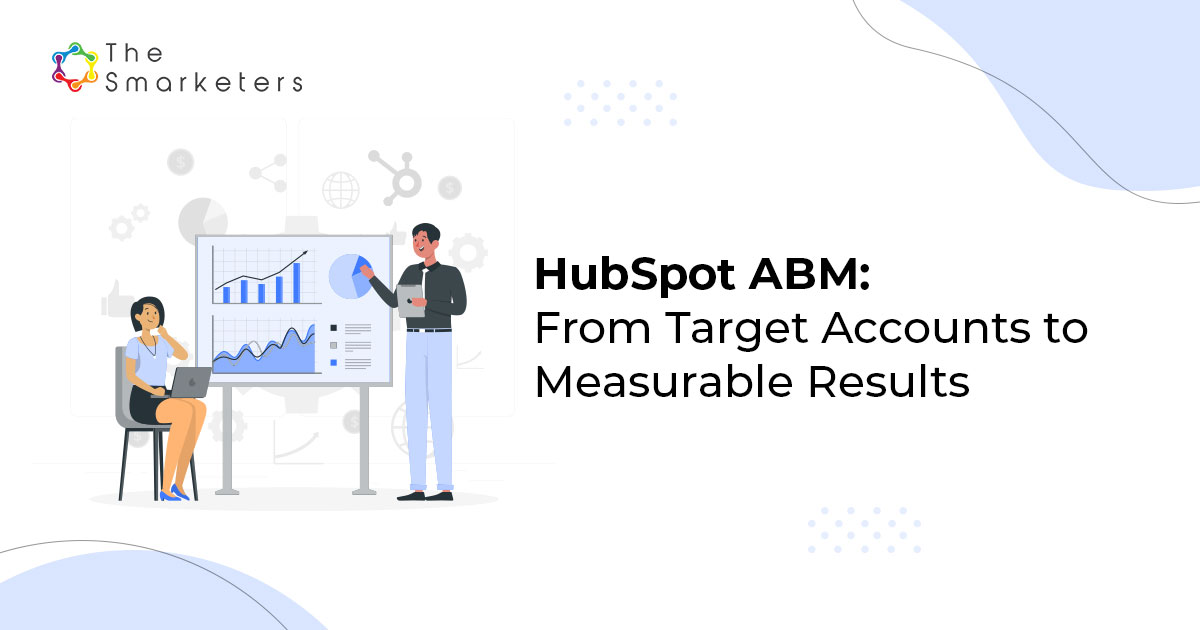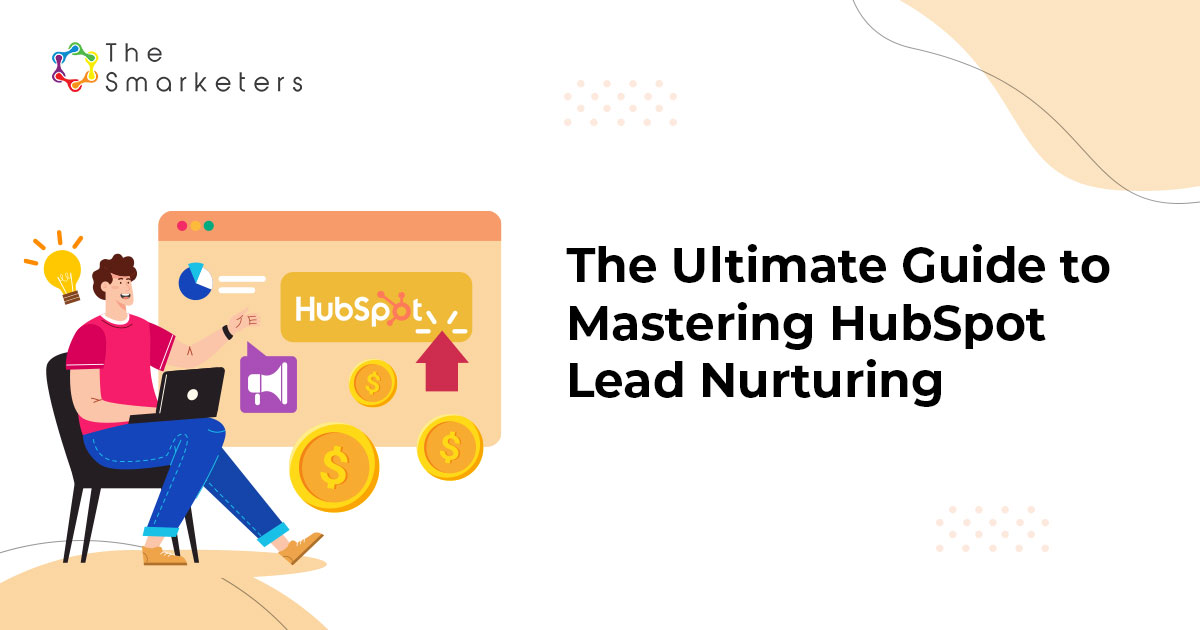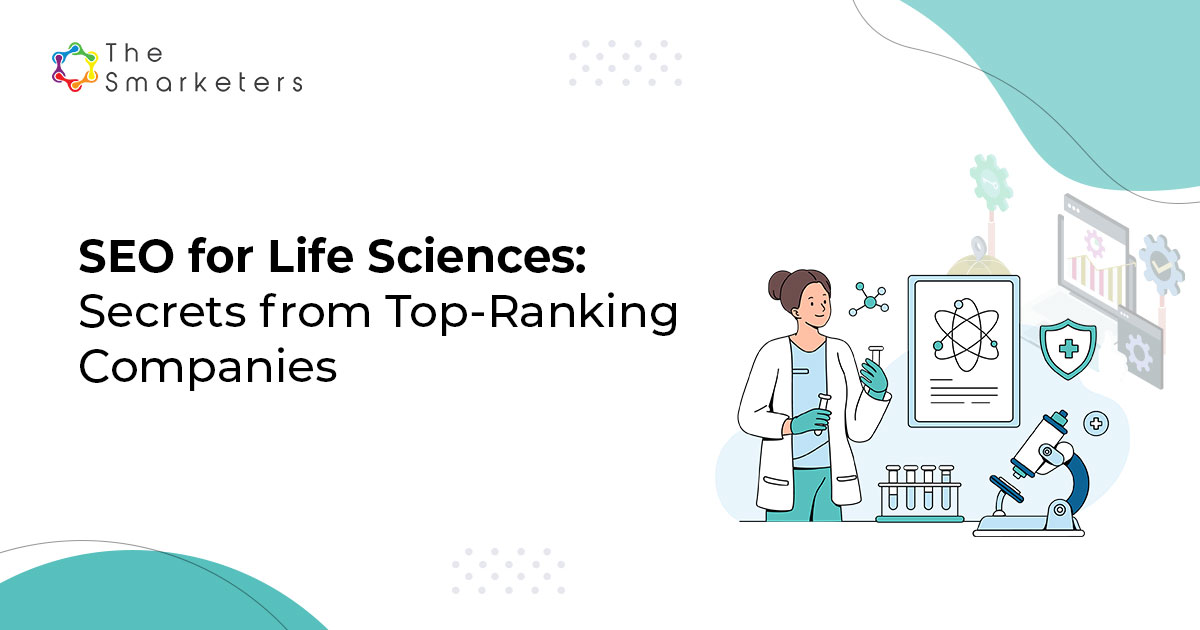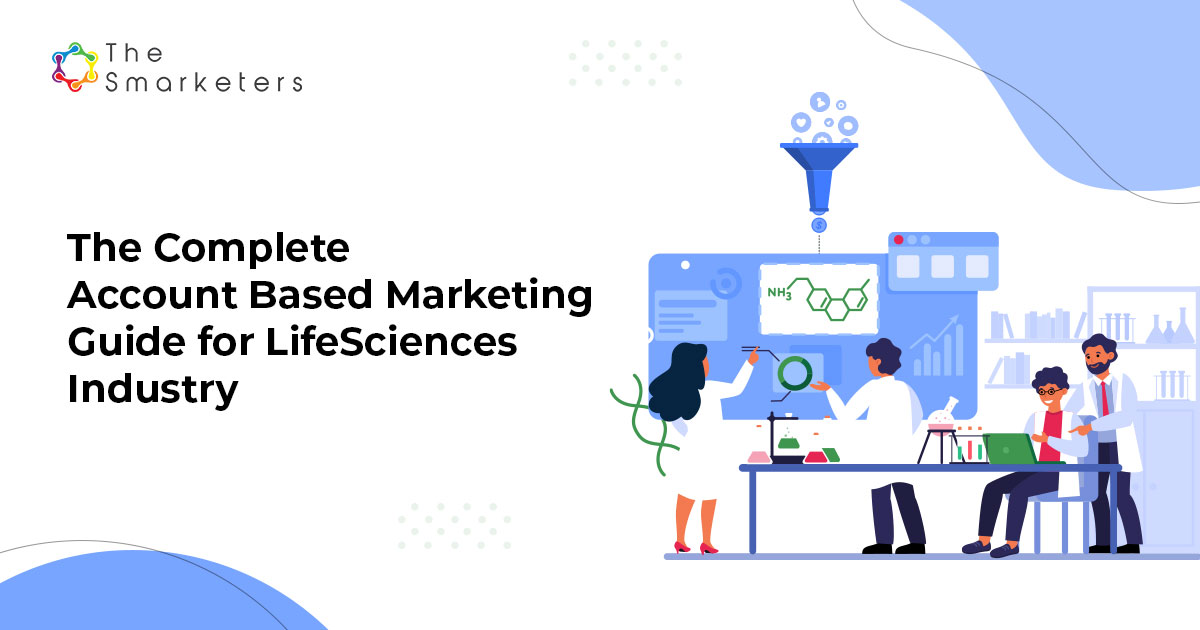Introduction to B2B Marketing Analytics
Welcome to the exciting world of B2B marketing analytics, where data takes center stage and insights drive growth! In today’s fast-paced business landscape, understanding your customers and their behavior is essential for success. That’s why B2B marketing analytics has become a game-changer for businesses looking to stay ahead of the curve.
Gone are the days of relying on guesswork and gut feelings when making critical marketing decisions. With the power of data analysis, companies can now uncover valuable insights that help shape effective strategies, optimize campaigns, and boost revenue. Whether you’re a seasoned marketer or just dipping your toes in the B2B waters, this ultimate guide will equip you with everything you need to know about leveraging marketing analytics for maximum impact.
So buckle up as we embark on a journey through key metrics, cutting-edge tools, and techniques, real-life case studies, and common challenges faced by marketers like yourself – all leading towards future trends in B2B marketing analytics. Get ready to unlock a treasure trove of information that will revolutionize how you approach your B2B marketing efforts!
Let’s dive right into it!
Understanding the Importance of Data Analysis in B2B Marketing
Data analysis plays a crucial role in B2B marketing, providing valuable insights into customer behavior and enabling businesses to make informed decisions. By analyzing data, companies can gain a deeper understanding of their target audience, identify trends and patterns, and optimize their marketing strategies for better results.
One key benefit of data analysis is its ability to provide accurate measurements of marketing efforts. Through tracking metrics such as website traffic, conversion rates, and lead generation, businesses can gauge the effectiveness of their campaigns and make necessary adjustments. This helps them allocate resources more efficiently by focusing on strategies that deliver the best return on investment.
Moreover, data analysis enables businesses to understand the entire user journey from initial contact to conversion. By analyzing customer touchpoints across different channels – such as email campaigns, social media interactions, or website visits – marketers can gain insights into what drives prospects toward making a purchase decision. This knowledge allows them to tailor their messaging and targeting strategies accordingly.
Additionally, with access to customer behavior insights through data analytics tools like Google Analytics or CRM platforms, B2B marketers can segment their audience based on various factors such as industry type or company size. This segmentation allows them to create personalized content tailored specifically for each segment’s needs and preferences.
In conclusion (not conclusive), harnessing the power of data analysis is essential for success in B2B marketing. It provides valuable information about the target audience’s behaviors and preferences while allowing businesses to measure campaign effectiveness accurately. By leveraging these insights effectively, companies can strengthen their marketing strategies, drive growth, and stay ahead in today’s competitive marketplace.
Key Metrics to Measure in B2B Marketing Analytics
As a B2B marketer, understanding and measuring key metrics is crucial for success. By analyzing these metrics, you can gain valuable insights into your marketing efforts and make data-driven decisions.
One important metric to measure in B2B marketing analytics is the conversion rate. This metric tells you how effective your marketing campaigns are at driving conversions, such as lead generation or sales. By tracking this metric over time, you can identify trends and optimize your strategies accordingly.
Another key metric is customer acquisition cost (CAC). This metric helps you understand how much it costs to acquire a new customer. By comparing CAC with the lifetime value of a customer (LTV), you can determine whether your marketing efforts are generating a positive return on investment.
Measuring website traffic and engagement is also essential in B2B marketing analytics. Analyzing metrics such as unique visitors, page views, bounce rate, and time spent on the site can provide valuable insights into user behavior and help improve website performance.
In addition to these metrics, it’s important to track the effectiveness of different marketing channels or campaigns. Metrics like click-through rates (CTR) for email campaigns or social media ads can help you gauge their performance and optimize future efforts.
By regularly monitoring these key metrics in B2B marketing analytics, you can identify areas for improvement, allocate resources effectively, and ultimately drive better results for your business.
Tools and Techniques for B2B Marketing Analytics
In today’s data-driven world, having the right tools and techniques for B2B marketing analytics is crucial. These resources enable businesses to gain valuable insights into their marketing efforts, understand customer behavior, and make informed decisions to drive growth.
One essential tool for B2B marketing analytics is a robust CRM system. This software allows companies to track and analyze customer interactions throughout the entire sales cycle. By capturing data on leads, conversions, and customer touchpoints, businesses can identify trends, measure campaign effectiveness, and optimize their strategies accordingly.
Another powerful technique in B2B marketing analytics is user journey analysis. This method involves mapping out the various stages that customers go through before making a purchase decision. By analyzing these touchpoints across different channels such as social media, email campaigns, or website interactions—businesses can gain valuable insights into customer preferences and tailor their messaging accordingly.
Moreover, customer behaviour insights are crucial in understanding how buyers interact with your brand. Monitoring metrics such as click-through rates, email open rates, and conversion rates provides key information about what resonates with your target audience. With this knowledge, you can refine your messaging, determine which tactics work best, and continuously improve your overall strategy. Furthermore, data visualization tools play an integral role in transforming complex data sets into easy-to-understand visuals. Graphs, charts, and dashboards allow marketers to quickly interpret large amounts of information at a glance. Enabling them to pinpoint areas of improvement, optimize campaigns on the go, and share performance reports more effectively within their organizations.
By leveraging these tools and techniques, B2B marketers can harness the power of data-driven insights. Implementing robust CRM systems, user journey analysis, customer behavior tracking, To truly excel in B2B marketing, harnessing the power of analytics is essential. By understanding the importance of data analysis, measuring key metrics, and utilizing effective tools and techniques, you can gain valuable insights into your marketing efforts. Armed with this knowledge, you can make informed decisions to optimize your strategies and drive success.
When it comes to B2B marketing analytics, there are a plethora of tools and techniques available that can help you gather and analyze data effectively. Here are some popular options:
- Google Analytics: This free tool allows you to track website traffic, conversions, user behavior patterns, and more. It provides valuable insights into how visitors interact with your site and helps identify areas for improvement.
- CRM Systems: Customer Relationship Management (CRM) systems like Salesforce or HubSpot enable businesses to manage customer interactions efficiently while collecting valuable data on leads and prospects. These platforms allow marketers to track sales funnels from lead generation to conversion.
- Marketing Automation Platforms: Tools like Marketo or Pardot provide comprehensive solutions for managing multi-channel campaigns while offering robust analytics features such as lead scoring, email performance tracking, campaign ROI measurement, etc.
- Social Media Listening Tools: Social media plays a critical role in B2B marketing today. Tools like Hootsuite or Sprout Social help monitor brand mentions across various platforms while providing insights on customer sentiment trends.
- Campaign Attribution Software: In order to measure which channels contribute most effectively throughout the buyer’s journey, attribution software such as Bizible lets marketers understand how each tactic influences revenue by creating custom models based on their business needs.
- Data Visualization Tools: Analyzing complex sets of data becomes easier when using visualization tools such as Tableau or Power BI. These tools enable marketers to create interactive dashboards that display key metrics visually, making it simpler for teams across organizations to comprehend information easily.
These are just a few examples of the many tools and techniques available for B2B marketing analytics. The key is to find and data visualization not only enables companies to stay ahead in today’s competitive landscape but also empowers them to make smarter decisions that drive business success
Case Studies: How Companies have successfully used B2B Marketing Analytics
In the world of B2B marketing, data is king. And when it comes to making informed decisions and driving results, companies are turning to analytics for guidance. Let’s take a look at some real-life case studies that demonstrate how businesses have leveraged B2B marketing analytics to achieve success.
One such company is XYZ Inc., a tech firm specializing in software solutions for businesses. By analyzing their marketing data, they were able to identify which channels were generating the most leads and conversions. Armed with this information, they shifted their budget towards those high-performing channels and saw a significant increase in ROI.
Another example is ABC Manufacturing, a global supplier of industrial equipment. Through user journey analysis, they discovered that potential customers were dropping off during the purchasing process due to complicated checkout forms. By simplifying the forms based on customer behavior insights, ABC Manufacturing not only reduced cart abandonment but also increased overall sales.
Then we have DEF Consulting Services, a professional services firm catering to B2B clients. They used marketing reports and analytics tools to track key metrics like website traffic and lead generation sources. This allowed them to optimize their content strategy by focusing on topics that resonated with their target audience – resulting in higher engagement rates and more qualified leads.
GHI Corporation, an e-commerce platform for wholesale buyers, implemented predictive analytics into their sales forecasting process. By analyzing historical data along with market trends and customer behavior patterns, they were able to accurately predict demand fluctuations and adjust inventory levels accordingly – minimizing stockouts while maximizing revenue opportunities.
These case studies highlight just a few ways companies have harnessed the power of B2B marketing analytics for success. The common thread among these examples is leveraging actionable insights from data analysis – whether it’s identifying high-performing channels or optimizing user experience – all leading towards improved business outcomes. As technology continues to advance and data becomes more readily available, B2B marketing analytics will only grow in importance
Common Challenges and Solutions in B2B Marketing Analytics
Implementing a successful B2B marketing analytics strategy can be a complex task, as it involves dealing with vast amounts of data and navigating through various challenges. Let’s explore some common hurdles that marketers face in this domain, along with potential solutions.
- Challenge 1: Data Quality and Integration
One of the major challenges in B2B marketing analytics is ensuring the quality and integration of data from multiple sources. Discrepancies or inaccuracies in data can lead to misleading insights, impacting decision-making processes.
Solution: Invest in robust data management systems and tools that can automate the process of collecting, cleaning, and integrating data from different sources. Regularly audit your data to identify any inconsistencies or errors and address them promptly.
- Challenge 2: Lack of Alignment between Sales and Marketing
In many organizations, sales and marketing teams operate independently, leading to misalignment when it comes to tracking metrics and analyzing performance.
Solution: Foster collaboration between sales and marketing departments by establishing shared goals, creating integrated dashboards for reporting purposes, conducting regular meetings for knowledge sharing, and encouraging open communication channels.
- Challenge 3: Identifying Relevant Metrics
With an abundance of available metrics, it can be challenging to determine which ones are most relevant for measuring the success of your B2B marketing efforts.
Solution: Start by clearly defining your business objectives. From there, identify key performance indicators (KPIs) that directly align with these objectives. Focus on metrics such as conversion rates, customer lifetime value (CLV), return on investment (ROI), customer acquisition cost (CAC), engagement rates across different channels, etc., based on what matters most for your specific business goals.
- Challenge 4: Actionable Insights from Data Analysis
Collecting large amounts of data without deriving actionable insights is another challenge faced by marketers. It’s not enough to just gather information; you need meaningful interpretations that drive informed decision-making.
Solution: Invest in advanced analytics tools that can help you analyze data
Future Trends in B2B Marketing Analytics
- Artificial Intelligence (AI) and Machine Learning: As technology continues to advance, AI and machine learning will play a significant role in B2B marketing analytics. These technologies can analyze vast amounts of data quickly, identify patterns, and make accurate predictions about customer behavior.
- Predictive Analytics: With the help of predictive analytics, businesses will be able to anticipate future trends and outcomes based on historical data. This can help marketers make informed decisions and tailor their strategies accordingly.
- Personalization: In the future, personalization will become even more critical in B2B marketing analytics. By leveraging data insights, companies can create personalized experiences for each customer, increasing engagement and driving conversions.
- Cross-Channel Integration: Integrating data from various marketing channels will become essential for gaining a holistic view of customer interactions. This integration will enable marketers to understand how different touchpoints contribute to overall success.
- Real-time Reporting: Real-time reporting allows businesses to gain instant insights into their marketing efforts’ performance. It enables quick decision-making and adjustment of strategies as needed.
- Voice Search Optimization: As voice search continues to grow in popularity, optimizing content for voice queries will be crucial for successful B2B marketing analytics.
- Digital Advertising Attribution Models: Improved attribution models are expected to emerge that accurately measure the impact of digital advertising across multiple touchpoints throughout the buyer’s journey.
- Data Privacy Compliance: With increasing concerns about data privacy regulations like GDPR or CCPA, incorporating compliance measures within B2B marketing analytics processes is vital for maintaining trust with customers while utilizing their data effectively.
The future of B2B marketing analytics holds immense potential for businesses looking to stay ahead of the game by making smarter decisions based on actionable insights.
Conclusion: Leveraging B2B Marketing Analytics for Business
In today’s fast-paced and data-driven world, B2B marketing analytics has become an indispensable tool for businesses looking to gain a competitive edge. By understanding the importance of data analysis in B2B marketing and harnessing key metrics, companies can unlock valuable insights into customer behavior and drive more impactful marketing strategies.
By utilizing tools and techniques specifically designed for B2B marketing analytics, businesses can streamline their processes, optimize campaigns, and make data-backed decisions. From user journey analysis to customer behavior insights, these tools provide a comprehensive view of the entire marketing funnel, allowing companies to identify areas of improvement and capitalize on untapped opportunities.
Real-life case studies have shown how successful implementation of B2B marketing analytics has revolutionized businesses across various industries. Companies like Salesforce have used advanced analytical models to personalize their messaging based on individual customer preferences, resulting in higher engagement rates and increased conversions.
However, implementing effective B2B marketing analytics is not without its challenges. From data quality issues to privacy concerns, businesses must navigate through potential hurdles along the way. Fortunately, there are solutions available that address these challenges head-on by ensuring accurate data collection methods and adhering to strict privacy regulations.
Looking ahead into the future trends of B2B marketing analytics reveals exciting possibilities for business growth. With advancements in artificial intelligence (AI) and machine learning (ML), predictive analytics will play a pivotal role in anticipating customer needs and delivering personalized experiences at scale.
In conclusion
The ultimate guide to B2B Marketing Analytics showcases how this powerful tool can transform your business by providing actionable insights into customer behavior patterns. By leveraging these insights effectively using innovative tools and techniques tailored specifically for B2B marketers’ needs – such as user journey analysis or customer behavior insight software – you can stay ahead of the competition while improving ROI on your digital advertising spend!
So don’t wait any longer! Start harnessing the power of B2B marketing analytics today and unlock new opportunities for your business











